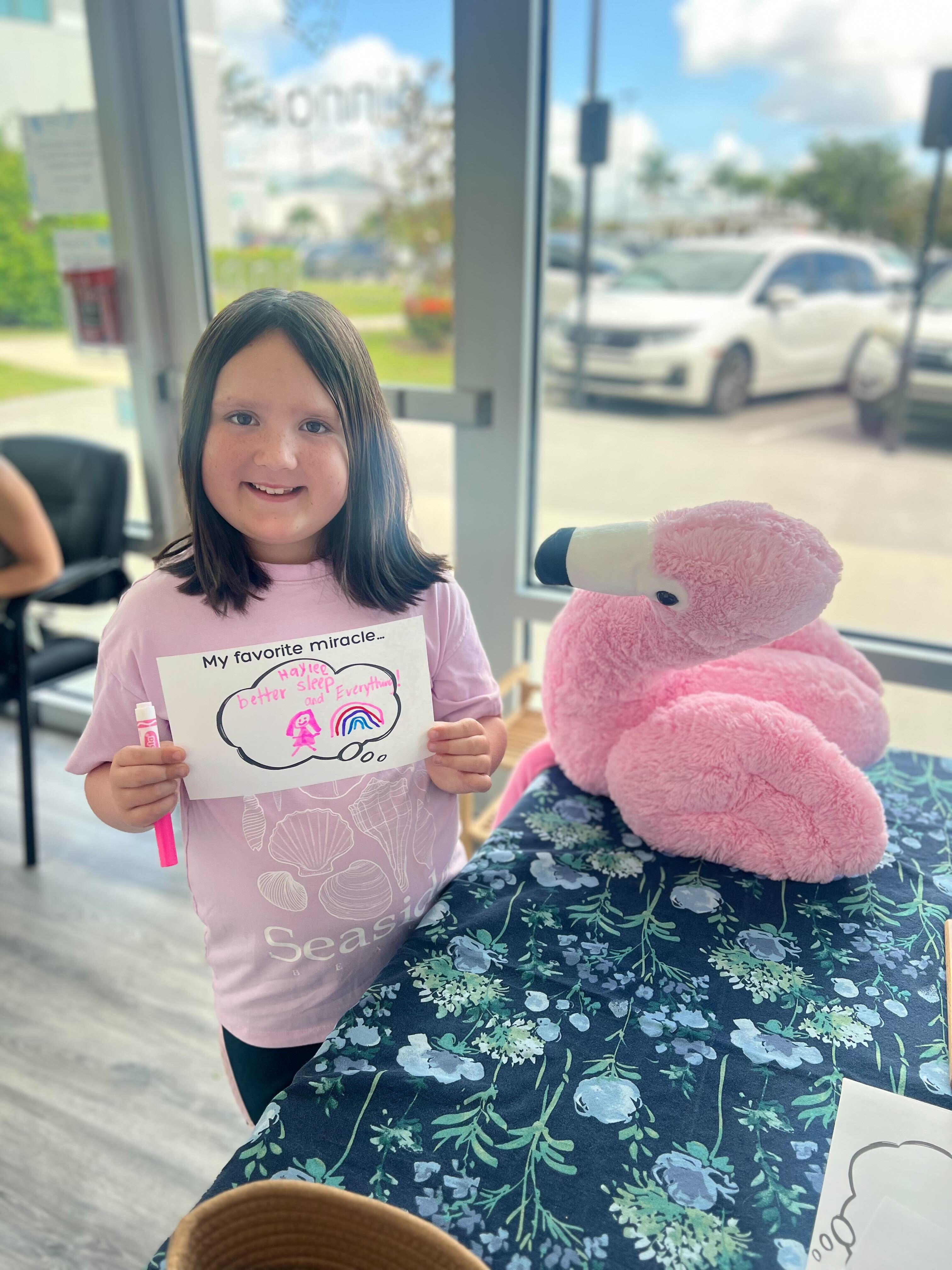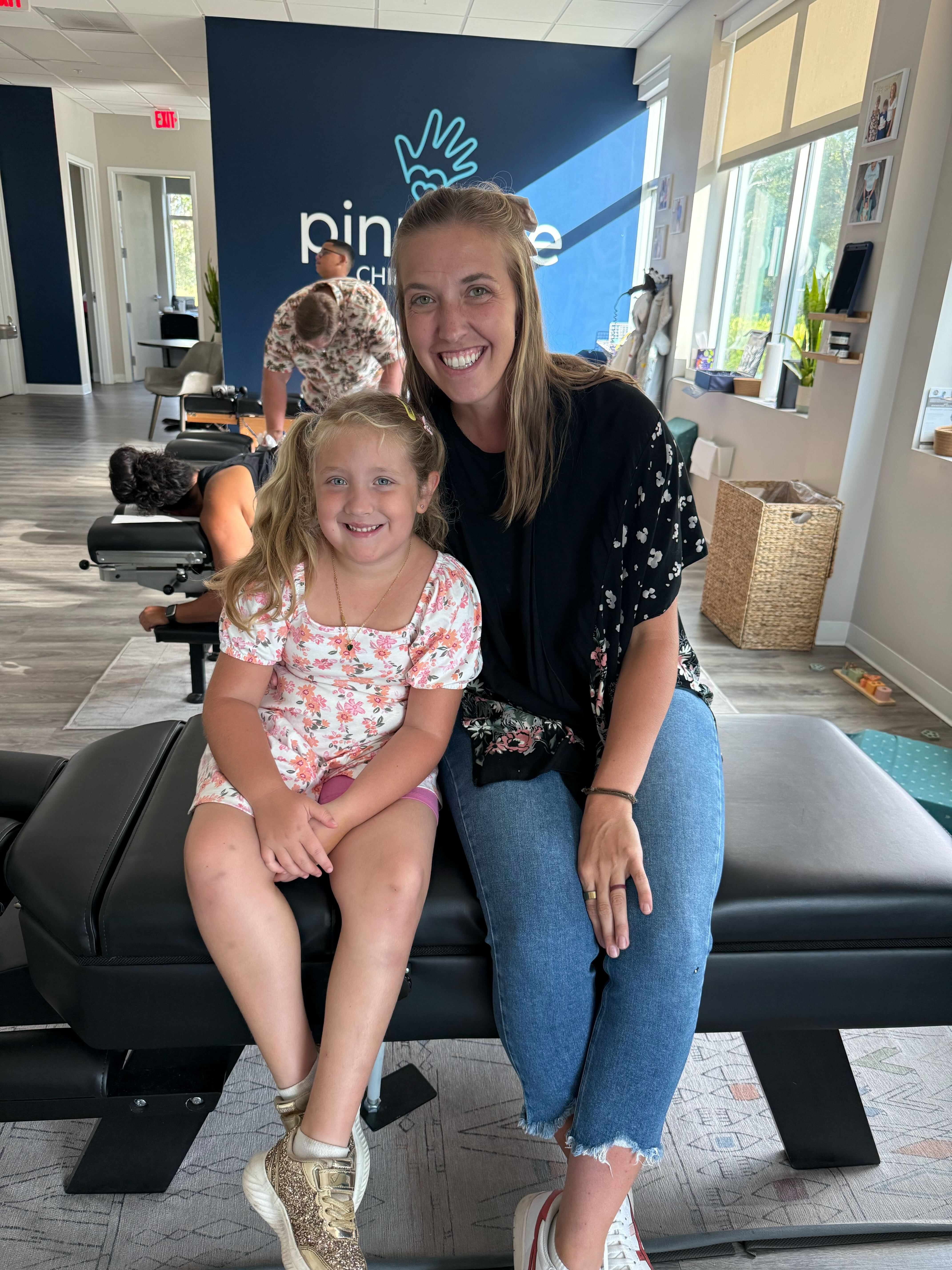Children diagnosed with ADHD (Attention Deficit Hyperactivity Disorder) or Autism Spectrum Disorder (ASD) often face a variety of challenges, including behavioral, cognitive, and physical symptoms. While managing these conditions can feel overwhelming, research shows that dietary interventions—particularly removing gluten—can significantly help. Gluten, a protein found in wheat, barley, and rye, has been linked to worsening symptoms in both ADHD and autism. Let’s explore the reasons why avoiding gluten can benefit children with these conditions and how to make the transition to a gluten-free lifestyle.
How Gluten Affects Brain Function
1. Inflammation and Neurological Impact
For children with ADHD or autism, gluten can trigger an inflammatory response, especially in those with sensitivities or celiac disease. Inflammation disrupts brain function, potentially intensifying symptoms like hyperactivity, impulsivity, or communication difficulties. Research published in Nutrients highlights that gluten can increase gut permeability, leading to a condition commonly known as "leaky gut." This allows harmful substances to enter the bloodstream and impact the brain, exacerbating neurological and behavioral challenges.
The Gut-Brain Connection
2. Improved Gastrointestinal (GI) Health
Children with ADHD or autism often struggle with GI issues like constipation, diarrhea, or abdominal pain. Gluten can worsen these symptoms by disrupting the gut microbiota, which plays a critical role in brain function. Studies in Frontiers in Neuroscience suggest that removing gluten improves gut health, which can lead to better behavior, enhanced focus, and improved cognitive function.
Behavioral and Cognitive Improvements
3. Studies Supporting a Gluten-Free Diet
Numerous studies have documented improvements in children with ADHD and autism who switch to a gluten-free diet:
- A study in the Journal of Child Neurology found reductions in hyperactivity, impulsivity, and inattentiveness in children with ADHD.
- Research published in Nutrients showed that children with autism experienced enhanced social interaction, communication, and reduced repetitive behaviors when gluten was removed.
These findings underscore how dietary changes can positively impact behavior and cognitive abilities.
The Role of the Immune System
4. Minimizing Immune Responses
Children with ADHD and autism often exhibit immune system abnormalities. Gluten has been found to activate an abnormal immune response, increasing inflammation and impacting the central nervous system. A study in the Journal of Neuroinflammation demonstrated that avoiding gluten can reduce this inflammatory response, potentially leading to better management of neurological symptoms.
Evidence from Case Studies and Parental Observations
5. Clinical Trials and Anecdotal Evidence
- A year-long study published in Nutrients found that children with autism on a gluten-free, casein-free diet showed significant improvements in behavior, communication, and social skills.
- Parents often report improvements in mood, attention, sleep, and overall behavior after removing gluten from their children’s diets. While anecdotal evidence isn’t as robust as clinical trials, it reinforces the potential benefits of dietary interventions.
Practical Steps for Transitioning to a Gluten-Free Diet
Switching to a gluten-free lifestyle may feel daunting, but with the right tools, it can be a smooth and rewarding transition. Here are some tips and swaps to help your child thrive:
1. Stock Up on Gluten-Free Alternatives
- Bread: Canyon Bakehouse, Franz
- Pizza Crust: Cappello’s, Simple Mills
- Flour: Good & Gather, Bob’s Red Mill, King Arthur
- Pasta: Jovial, Ancient Harvest, Banza
- Snacks: Simple Mills crackers, Made Good cookies, Autumn’s Gold grain-free granola
- Frozen Foods: Snow Days pizza bites, Amy’s burritos
2. Focus on Whole Foods
- Incorporate fruits, vegetables, lean proteins, and naturally gluten-free grains like quinoa and rice into meals.
- Prioritize organic produce to minimize exposure to pesticides that could further affect gut health.
3. Educate Your Child
Help your child understand why this change is happening. Explain that avoiding gluten helps their body and mind feel better, and involve them in choosing fun, gluten-free alternatives.
4. Monitor Progress
Keep a journal to track improvements in behavior, mood, sleep, and GI health after transitioning to a gluten-free diet.
Why Gluten-Free Diets Matter for Children with ADHD and Autism
Avoiding gluten is more than just a dietary choice—it’s an investment in your child’s health and future. By reducing inflammation, improving gut health, and minimizing immune system disruptions, a gluten-free diet can alleviate some of the challenges associated with ADHD and autism. While every child is different, the growing body of research and countless parental testimonials highlight the potential for transformative results.










